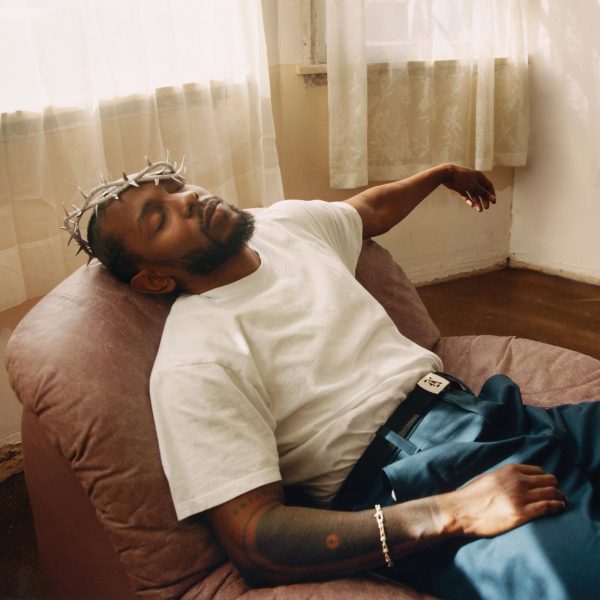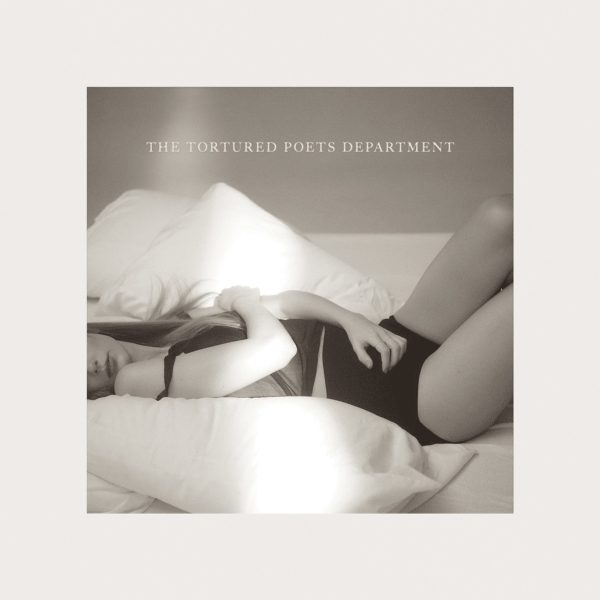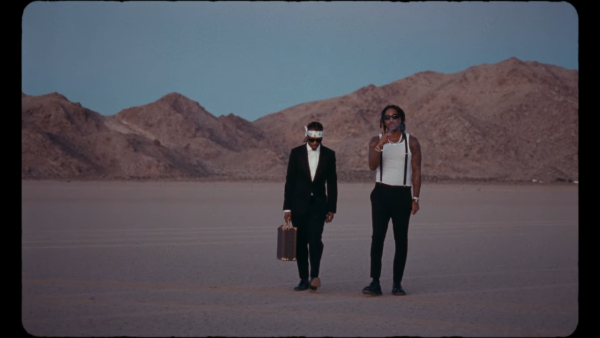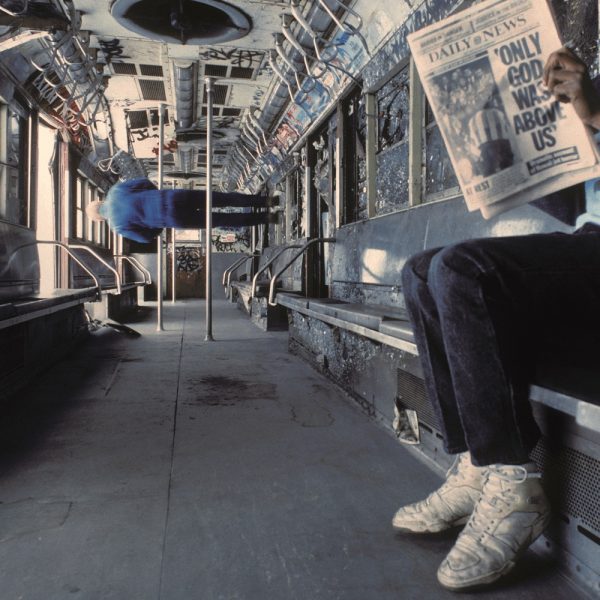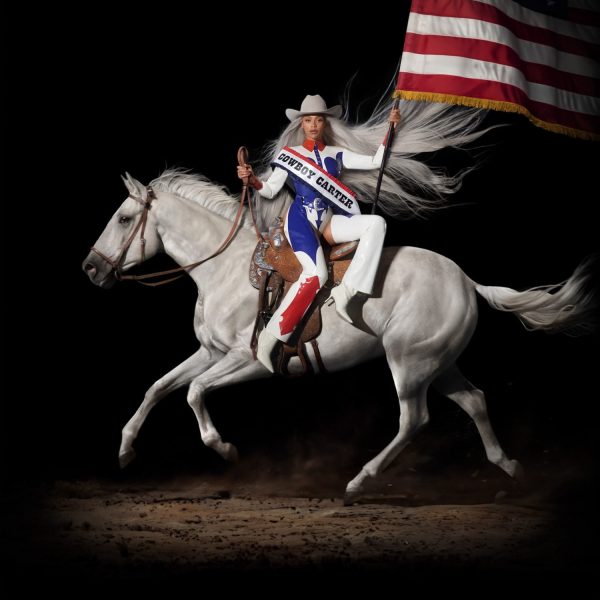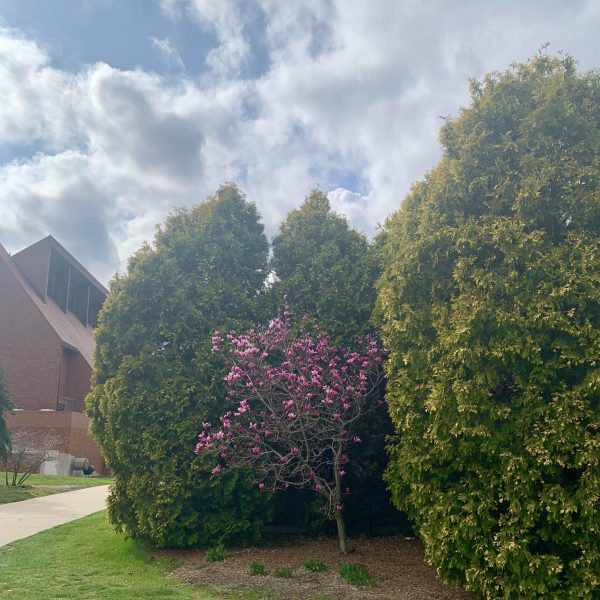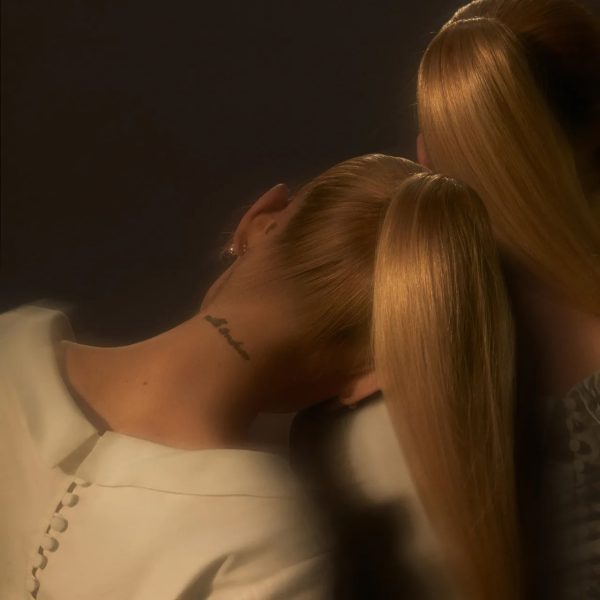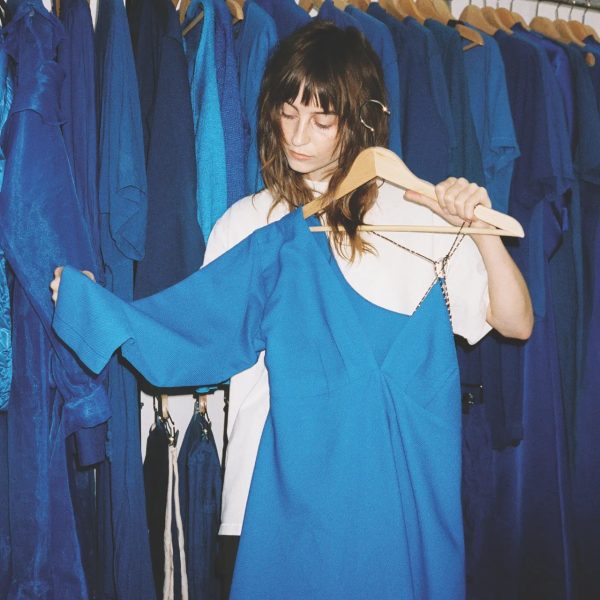Is the Word “Queer” Okay Now?
Is the Word “Queer” Okay Now?
By Sydney Sinks
Views
Edited by: Kathryn Coffey
“Queer.” For a long time, it was a homophobic slur. Suddenly, it has become both an identity and a way to refer to LGBTQ+ culture.
The word was once an insult used to belittle and insult LGBTQ+ people. But in the last few years, the LGBTQ+ community has reclaimed the word, and it is used to allude to LGBTQ+ movies, books, and art.
Not only this, but some people actually identify as queer. This cosmic shift has resulted in a lot of conversation about what this word means, when it is appropriate to use it, and whether it still relates to the bigotry that it once did.
I understand the hesitancy to use this word. Just google “queer” and read all the insulting, outdated synonyms. But these negative connotations are being replaced by a more current understanding of the word. The LGBTQ+ community has reclaimed it as their word, and it is now used positively by LGBTQ+ people and others when talking about the community and culture.
As someone who claims one of the letters in the LGBTQ+ acronym, I really like the word “queer.” I think it’s a great way to refer to the community, and there are a lot of benefits to using the word in this positive light.
LGBTQ+ culture is often referred to as queer. This is an easy way to talk about things that LGBTQ+ people are involved in. It also broadens the scope of interest to everybody in the LGBTQ+ community.
By referring to something as queer, it is no longer as niche as work that is branded as exclusively lesbian, bisexual, or any other LGBTQ+ identity.
Also, “queer,” used as an umbrella term, can allude to everyone in the LGBTQ+ community. When someone uses a single identity to refer to the community, it can add to the erasure that other identities face. For example, simply using the term “gay” in reference to the LGBTQ+ community overlooks the other letters in the acronym. Identities like bisexuality and pansexuality, which many people already discredit, are pushed aside. Using “queer” as an umbrella term recognizes that there are more letters to the acronym than only L and G.
Many people identify as queer. In fact, the Q in LGBTQ+ stands for “queer,” or sometimes “questioning.” But it goes beyond a single identity. While some people exclusively identify as queer, other members of the LGBTQ+ community use the word, too.
Referring to yourself as queer is the easiest way to be out but still have a degree of privacy. For so long, your sexuality has been a secret that you have guarded for years. And then one day, you decide to come out – and your greatest secret becomes public knowledge. In fact, it becomes gossip.
Suddenly, people are asking you for a label. They’re curious about your identity. And while this might be mostly well-meaning, it can feel a little overwhelming. Using an umbrella term can provide some degree of privacy, a reminder to yourself that your identity is ultimately your business. It’s your decision when you come out, and you can be out without revealing everything about yourself. The word “queer” can provide the privacy that you might crave while still allowing you to be out and proud.
Choosing whether or not to use the word “queer” is a personal decision for every member of the LGBTQ+ community. Some people still relate it to its previous negative connotations, but others think that it has been reclaimed as a positive term.
I understand this hesitancy. We shouldn’t forget the history of the word and how it was used derogatively in the past. But I believe that there are many benefits of LGBTQ+ people embracing the word “queer” and using it as a way to refer to the LGBTQ+ community and culture.
A lot of people identify as queer, and others use the word as an umbrella term. The negative, outdated connotations have been largely replaced with positivity and acceptance. In 2019, let’s make “queer” synonymous with “proud.”


